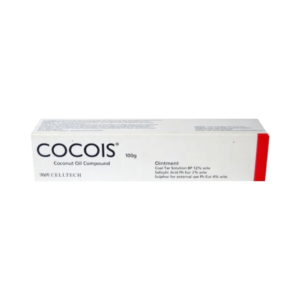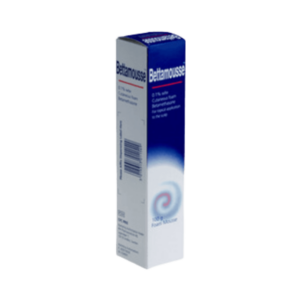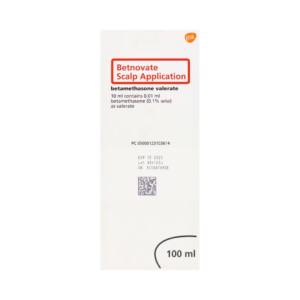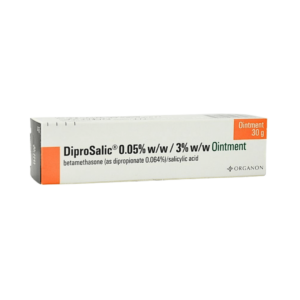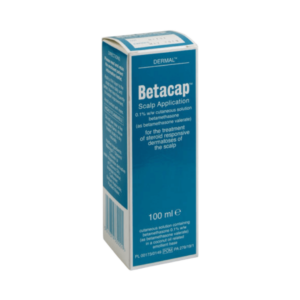The treatment is generally aimed at controlling the symptoms rather than the cure. Topical treatments are usually first line, and it is essential to note that it can take several weeks to work, and there is a risk of relapse if treatment is stopped suddenly. Topical treatments should only be used on small areas of psoriasis, and if you experience widespread psoriasis (more than 10% of body surface area), you must seek emergency medical treatment.
Psoriasis treatment varies depending on the type or types of psoriasis you are suffering from, the location on your body, and the severity of the condition. Treatments typically fall into three categories:
- Topical: creams, ointments and gels applied directly to the affected area
- Phototherapy: specialist treatments where your skin is exposed to ultraviolet light
- Oral or injected medicines that work throughout the entire body.
Topical treatments are used for mild to moderate psoriasis.
Lifestyle changes such as weight loss, smoking cessation, alcohol and managing psychological comorbidities have been shown by several studies to reduce psoriasis symptoms.
Treatment should always be directed on reducing the scale first by using ketolytic treatments that contain salicylic acid or emollients, which soften the scale and debride. This allows topical treatments like vitamin D and a corticosteroid to be absorbed into the skin and reduce scaling, inflammation, and redness.
Treatment should be reviewed by a clinician every four weeks. You may need treatment to descale first, or you may not be using the correct creams/treatments. If there is poor or no response after eight weeks of topical treatment, then you should stop using the topical treatment and reconsider the diagnosis and arrange a referral to a dermatologist for special assessment and management. Topical corticosteroids should not be used for longer than 8 weeks at any one site.
Emollients
Emollients are used on patients with mild psoriasis and help reduce water loss and form a protective barrier over the skin. Their benefits include moisturising the skin, reducing itching, and scaling and aiding the delivery of other topical treatments. Emollients are available over the counter and from The Family Chemist and come in creams, ointments, gels, lotions, sprays, washes and bath and shower additives. Some emollients can also be used as soap substitutes, as the skin is particularly vulnerable to drying and cracking following a hot shower/bath. Different emollients may be required for different areas of the skin, different flare stages, different times of the day and in different locations. Other topical treatments should only be applied 30 minutes after applying an emollient.
Cream and lotions are preferred for red inflamed skin areas because water-based products’ evaporation cools the skin. They are also generally accepted during the day as they are less greasy. Examples include:
Cetraben cream
Diprobase cream
Zerobase cream
E45 cream
Ointments are preferred for non-inflamed thick, scaled skin because they are more effective than creams however are more poorly tolerated due to their greasy formula. They are beneficial to use at night. Examples include:
Cetraben ointment
Diprobase ointment
Lotions, solutions, or gels are suitable for hair-bearing areas.
Vitamin D preparations and/or Steroids
Vitamin D analogues come in various preparations: gels, creams, ointments, and foams. These prescription-only medicines are recommended for patients with mild to moderate psoriasis. They come alone or in combination with a topical steroid. They should not be used on the face, genitals, armpits, or groin. Their mode of action is to slow the production of skin cells. They also have an anti-inflammatory effect. There are few side effects if you do not use more than the recommended amount. Examples of Vitamin D analogues include:
Dovonex Ointment
Dovobet Gel
Dovobet Ointment
Enstilar Foam
Coal Tar Preparations
Coal tar preparations have been used widely for psoriasis for many years, but its significance in psoriasis treatment has diminished over time. However, some patients still find Coal tar shampoos help treat scalp psoriasis. Their mode of action is unknown, but we know they reduce scales, inflammation, and itchiness. Coal tar can be found in combination with a keratolytic agent called salicylic acid which help remove thick scale.
Coal tar preparations include:
Polytar shampoo
Capasal Shampoo (Coal Tar and Salicylic Acid)
Salicylic Acid Preparations (Keratolytic)
Salicylic acid is classified as a keratolytic, or peeling agent. It works by causing the outer layer of skin to shed. It is a common and effective treatment for various skin problems. As a psoriasis treatment, it acts as a scale lifter, helping to soften and remove psoriasis scales.
Do not use topical salicylic acid preparations if:
- you are allergic to aspirin, or any other of the ingredients in the topical preparation.
- you have inflamed or broken skin.
- you have acute local infections, or acute pustular psoriasis.
Salicylic acid preparations should not be applied to more than 20% of the body surface area, due to the risk of systemic salicylate toxicity.
Salicylic Acid preparations include:
Sebco
Cocois Ointment
Capasal Shampoo


